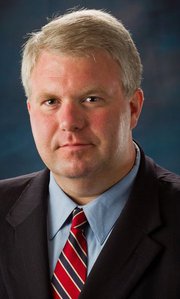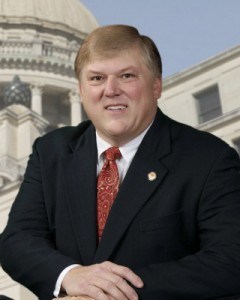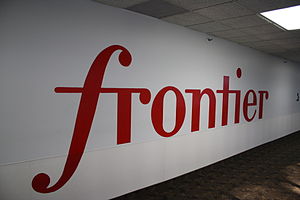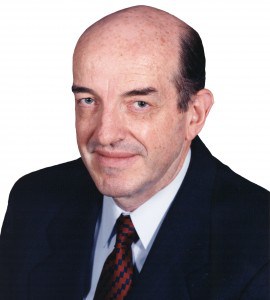“Effective July 1, 2012, a Regulatory Recovery Fee will be instituted to recover additional costs associated with governmental programs. This fee is not government-mandated, and may vary based upon your monthly usage pattern.”
That notice was included in the fine print of Comcast’s June billing statements for customers with Xfinity phone service, and has led to many questions from subscribers confused about the new charges, how they are calculated, and why they are being charged in the first place.
Welcome to Comcast’s bill-padding adventure. The telecommunications company has discovered it can deliver a back-door rate increase and blame it on “governmental programs,” even though Comcast has been paying some of these fees as a cost of doing business for decades.
The Federal Communications Commission allows companies to recover these costs from subscribers, which Comcast has effectively been doing by including them in the price of monthly service. But now Comcast is taking a lesson from wireless phone companies who have discovered they can keep your monthly rate the same -and- bill you the new “regulatory recovery fee” and pocket the proceeds themselves.
For now, the Regulatory Recovery Fee applies to Comcast’s phone service only (underlining ours):
The Regulatory Recovery Fee is part of the cost of providing Comcast voice service and supports federal, municipal and state programs including, without limitation, universal service. This aggregated fee is not government mandated, but Comcast is permitted by law to recover these costs from its subscribers. The aggregated fee may vary based on service usage patterns and program surcharge rates.
The exact amount of the charge and how it is calculated can be found on Comcast’s telephone “tariff” website, which breaks out the charges for telephone service state-by-state, and in some cases city by city.
Surprisingly, Comcast’s small New York State operations appear to have no regulatory recovery charges at all. In parts of Virginia, customers only face a “Federal Cost Recovery Fee” of 1.433%. Pennsylvania residents will pay a “State TRS” of $ 0.08/mo, a State Gross Receipts Tax of 5.0%, and the aforementioned Federal Cost Recovery Fee.
Many Californians will find this monthly fee comprised of everything but the kitchen sink:
- State Universal Service Fund (USF) 1.15%
- State Telecom Relay Service 0.079%
- City Utility User’s Tax, up to a maximum of 11.00%
- County Utility User’s Tax, up to a maximum of 5.50%
- State PUC recovery fee 0.18%
- State Hearing Impaired Fund 0.20%
- High Cost Fund – A 0.40%
- High Cost Fund – B 0.30%
- CA Advanced Services Fund 0.14%
- Federal Cost Recovery Fee 1.433%
Regardless of the amounts involved, Comcast is under no obligation to separately bill you these charges. More importantly, because there is no corresponding decrease in the monthly price of their telephone service as these new fees are added, Quick Fingers Comcast has just managed a bit of “rate increase-sleight-of-hand.”
Betcha missed it. We didn’t.


 Subscribe
Subscribe








